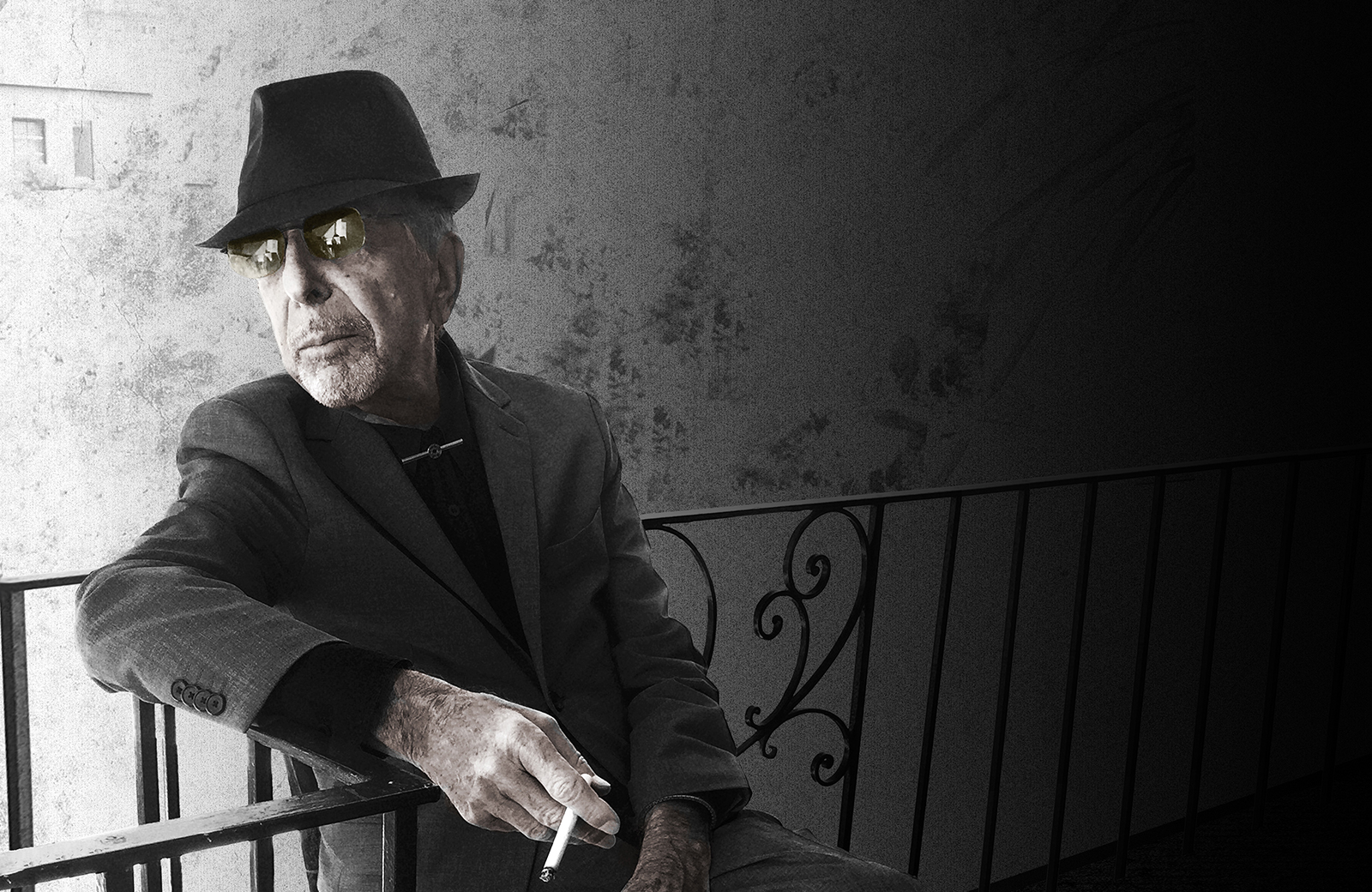18 days before Leonard Cohen moved onto that overcrowded but eternally rocking Big Jam in the Sky, he released his 14th and final album, You Want It Darker. It’s the kind of swan song that very few artists could ever sing; the one that elevates death to an art form.
“Throughout his career, Cohen seemed wise beyond his years, tapped into the eternal, spiritual All. His final album gets even closer to that cosmic stream. 82-years of well-lived life experience only adds to the wisdom. If you will but submit, you may just tap in too.”
A few days after his passing, Cohen’s son Adam, who produced the final album, noted: “My father passed away peacefully at his home in Los Angeles with the knowledge that he had completed what he felt was one of his greatest records.”
Perhaps I’m morbid, because I had neglected to check out You Want It Darker in the two weeks prior to Cohen’s death. It’s not like I was clamoring for a Leonard Cohen album. Not that I don’t love him, but I’m seldom in the mood to be as introspective as Leonard forces you to be. But Adam’s description of the final album, and Cohen’s death’s proximity to it, compelled me to give the album such thorough attention as it deserves. And now I’m a true believer.
As always with Cohen’s work, there’s a religious undercurrent to the album, which kicks off with his hometown synagogue’s choir singing along on the title track like it’s a Jewish requiem. They chant “Hineni, Hineni,” an Old Testament declaration of “Here I am” to the great unknown, a submission unto it.
Throughout his career, Cohen seemed wise beyond his years, tapped into the eternal, spiritual All. His final album gets even closer to that cosmic stream. 82-years of well-lived life experience only adds to the wisdom. If you will but submit, you may just tap in too.
Like Bowie’s Blackstar, You Want It Darker puts not an exclamation point on the end of a transcendent career, but an ellipsis. Like all Cohen’s best work, it unfolds mysteriously, equal parts sacred and profane. Perhaps it’s the connection between the two, glued ever more tightly in death, that makes Cohen seem endless.


